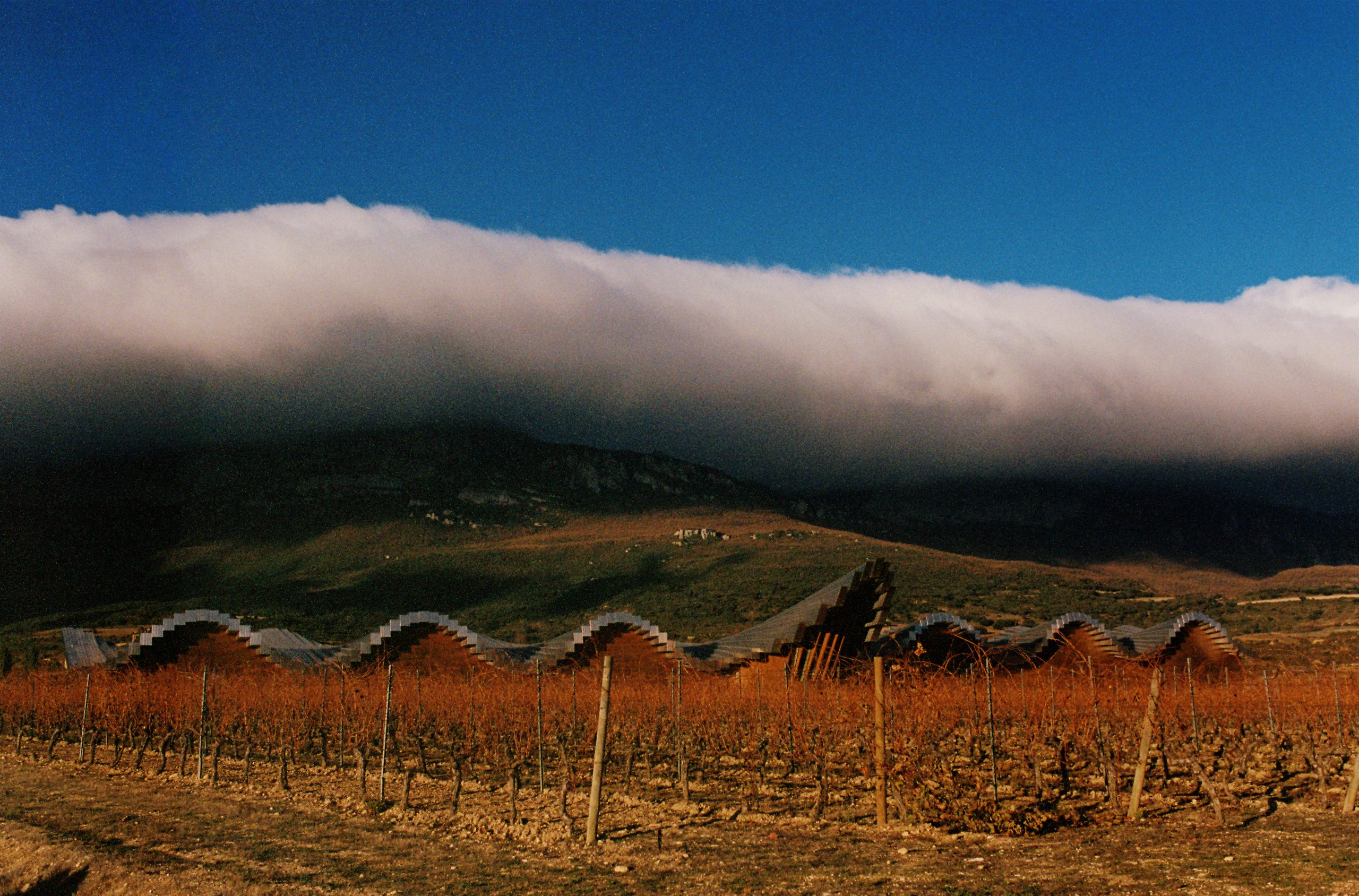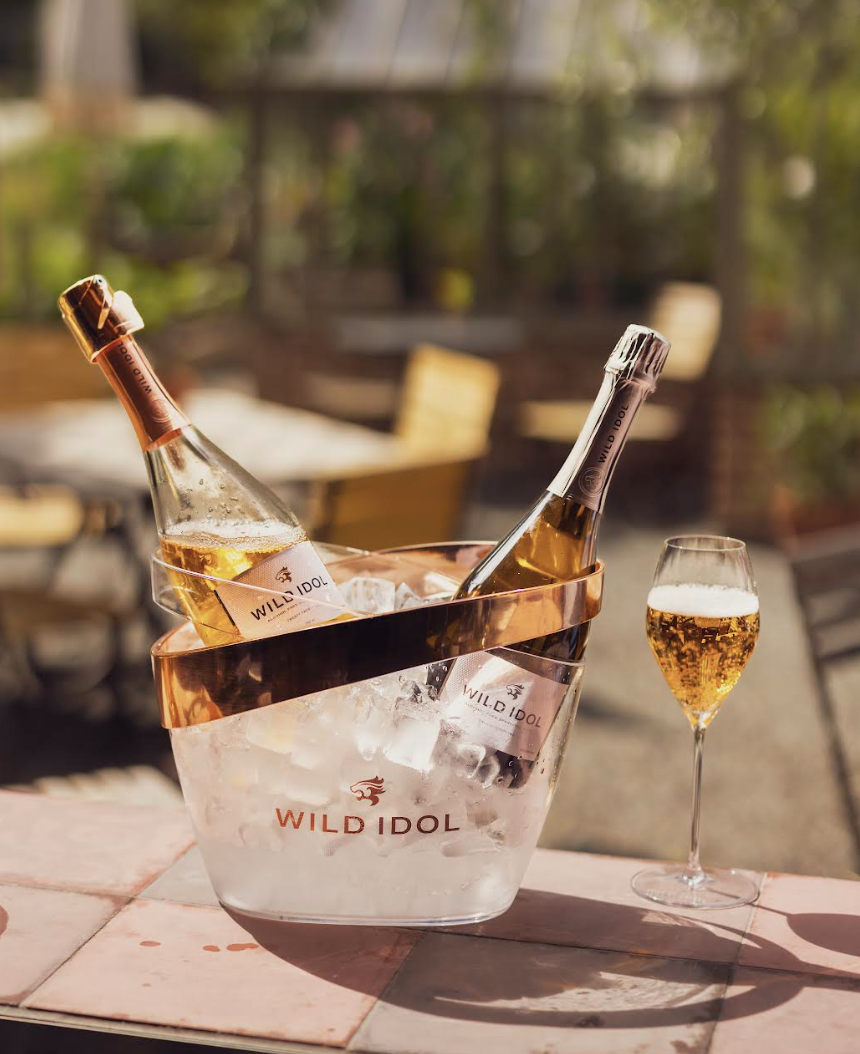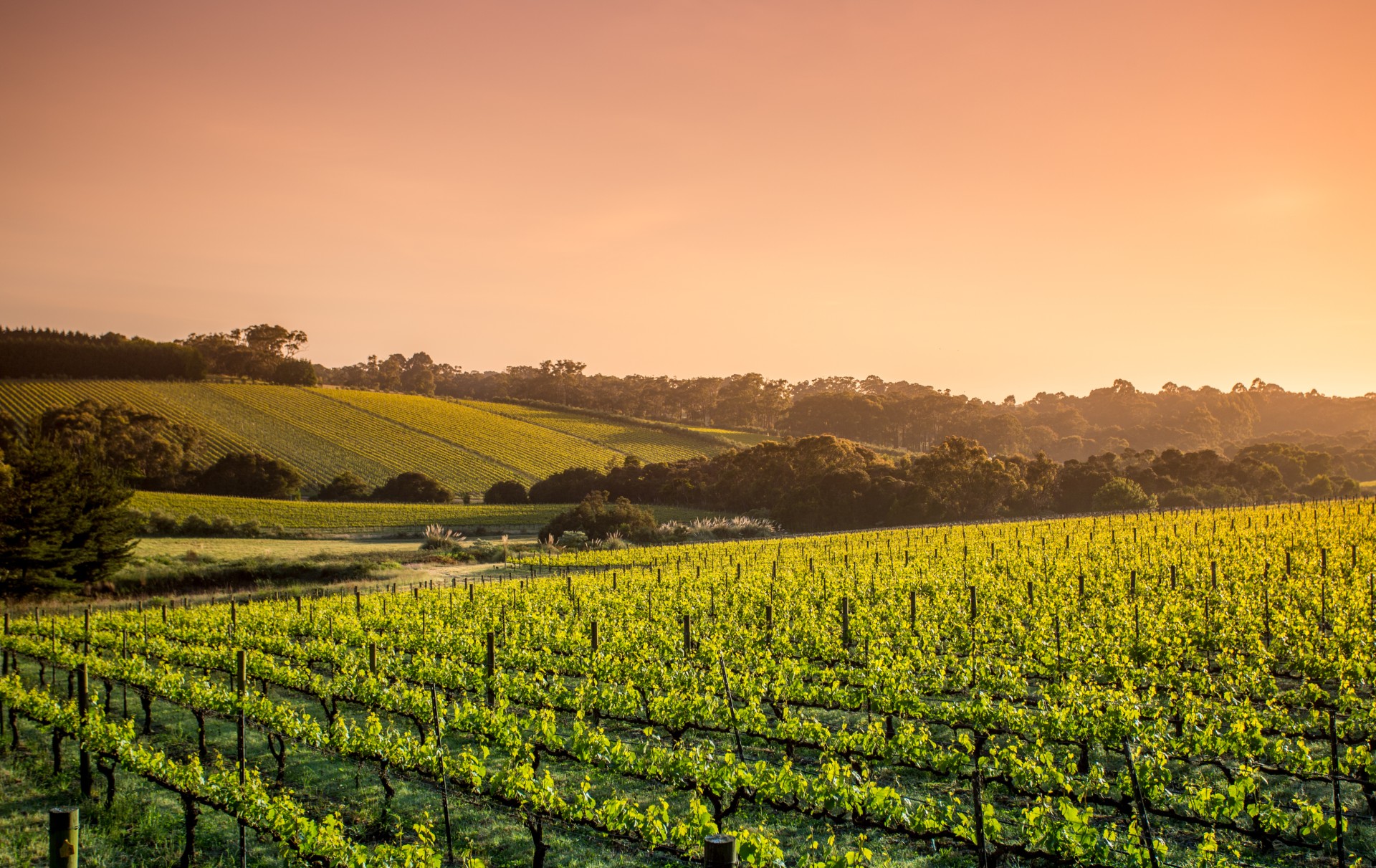Cross-regional sourcing key to Grange 2011
Cross-regional sourcing is key to Penfolds latest release – a Grange from the extremely challenging 2011 vintage in South Australia.
Speaking yesterday to the drinks business at the London release of the flagship wine, Penfolds winemaker Peter Gago said that the 2011 marked the third really difficult year since Grange was launched in 1951, but stressed that the wine was made possible by selecting grapes from across South Australia.
“The size of our sourcing area helps us significantly,” he said, describing 2011 as “challenging”, and similarly difficult to the 2002 and 1974 harvests in South Australia.
Continuing, he recorded, “We’ve been dealing with climate change for a century and a half using regional sourcing: in a cooler year we go south, and in a warmer year we go north.”
Indeed, such was the cool and wet nature of the 2011 vintage in South Australia, Grange is one of the few top-end wines from this part of the country to actually be bottled: for example, Henschke hasn’t released its legendary Hill of Grace – which comes from the Eden Valley – while Wynns (which, like Penfolds, is owned by Treasury Wine Estates) hasn’t produced its range-topping John Riddoch Cabernet Sauvignon from Coonawarra.
Furthermore, Penfolds was unable to release either its Bin 169 Coonawarra Cabernet in 2011, or its Bin 707, the producer’s flagship varietal Cabernet Sauvignon, even though, like Grange, 707 is made using grapes from across South Australia.
While Grange itself is, for the sixth time in its 60-year history, made using 100% Shiraz – it usually contains a small percentage of Cabernet Sauvignon.
Explaining the absence of Cabernet, Gago told db, “When we are choosing the wine for Grange, we are tasting coded bottles, we don’t know the grape variety, and then, at the end, we found out that we hadn’t selected any Cabernet, even though there were a few contenders in there.”
However, the tasting had proved what he thought, and Gago added, “on paper, there shouldn’t have been any Cabernet in Grange 2011.”
On the other hand, the earlier-ripening Shiraz used for Grange 2011 was “pristine” – if limited in quantity – according to Gago.
“For Grange we are using only hand-picked fruit from old vines so the fruit comes in pristine, even in a vintage like 2011,” he said.
Partner Content
Speaking about the regional quality variation in this vintage, he recorded, “In 2011 we had rain, we had heat, we had humidity, we had it all… and I remember going to Padthaway and shaking the vines, and the fruit just fell off, so we didn’t use it, but at Magill, there was no problem at all.”
He described the resulting wine as a Grange of “relative elegance” and said that the release was one “more suited to the St Henri palate”, referencing Penfolds’ varietal Shiraz made in a traditional style, using only large old oak vats.
Stressing that making Grange in a year like 2011 was not just due to cross-regional sourcing and old vine material, but also strict berry selection, he said that achieving Grange quality was “all about sorting”.
As a result, about half the volume of Grange, which usually totals between 7-9,000 cases, has been produced in 2011, which he said, was still more the Grange’s 2000 vintage release, when just one quarter of the average was made.
While he admitted that the 2011 Grange “was not one of the greatest wines of Grange ever made,” he added, “But, we are very, very pleased with this wine.”
He also said that commentators in Australia “are thrilled to see a wine of this level in such a challenging vintage.”
Writing in the booklet which accompanied the Grange 2011 release, Gago noted, “Is this one of the best Granges ever? No. Is this one of the finest reds from the South Australian 2011 vintage? Yes.”
Of course, failing to make a Grange in 2011 was never really an option for Penfolds, however small the volumes, because this wine has been produced every year since its launch as an experiment in 1951.
To read more about the 2011 vintage and its impact on Australian wine, click here.




